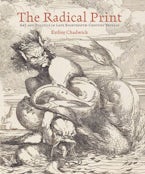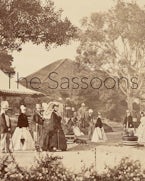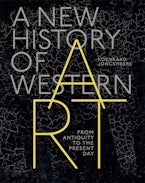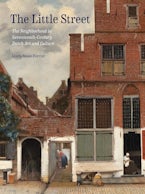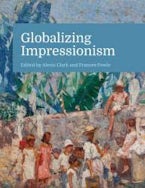The life and work of Thomas Eakins (1844–1916), America’s most celebrated portrait painter, have long generated heated controversy. In this fresh and deeply researched interpretation of the artist, Amy Werbel sets Eakins in the context of Philadelphia’s scientific, medical, and artistic communities of the 19th century, and considers his provocative behavior in the light of other well-publicized scandals of his era. This illuminating perspective provides a rich, alternative account of Eakins and casts entirely new light on his renowned paintings.
Eakins’ modern critics have described his artistic motivations and beliefs as prurient and even pathological. Werbel challenges these interpretations and suggests instead that Eakins is best understood as an artist and teacher devoted to an exacting and profound study of the human body, to equality for women and men, and to middle-class meritocratic and Quaker philosophies.




